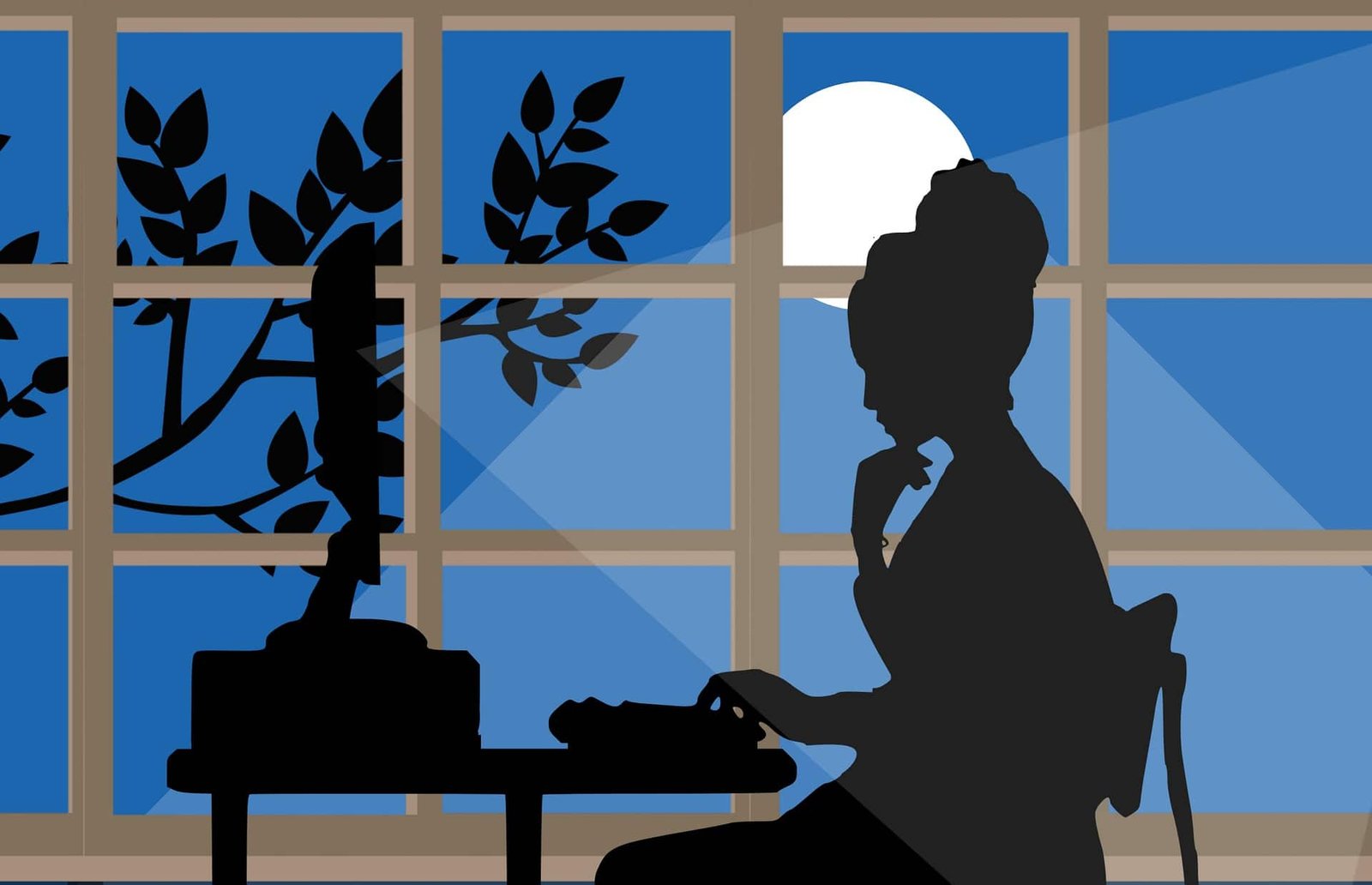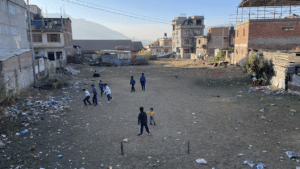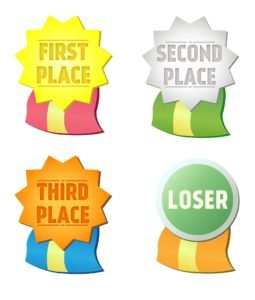
My mind seems to be obsessed with this memory I have from second grade. I was playing with my friends at recess, telling them my dad got a new job two hours away from our home. I insisted we make a lemonade stand after school to raise money for him to stay. My naivete as an 8-year-old might be endearing, but when I remember that day, I mourn how my life and family were before it.
For three years, my dad (known to me as Baba) subjected himself to four hours of traffic every day to provide for his family. He would leave before I went to school and come back when I was asleep. My own father, my Baba, quickly became a stranger to me. On paper, it doesn’t look like I was raised by a single mom, but that’s what it felt like in my adolescence. Financially, Baba was always here for us. But physically, emotionally, mentally, he was checked out, immersed in the world of never-ending notifications, emails, conferences and phone calls.
After a few years, we moved to the city where he worked, but nothing changed. The significantly shorter commute time didn’t mean he was a better father. Ironically, I saw Baba even less. He was always gone, gone on some business trip, gone on a phone call, gone in the other room answering emails until 11 p.m. Every day he was working overtime, even though he would’ve earned enough to support us with a less demanding job. I never understood his end goal. Is an even bigger paycheck really more valuable than having a genuine, nontransactional relationship with your family?
Workaholism, like other addictions, creeps up on you. The distorted reality that addiction creates, this “new normal,” devastates everyone who has a relationship with the addict. If you’re anything like my dad, you brush off the fact that you even have a problem to begin with. He didn’t realize it, but his addiction was only a symptom of much deeper unresolved mental ailments.
For me, I only realized about a year ago that I have the same problem with working. In hindsight, I probably started my reliance on constantly working in middle school, which is absurd to say. Since then, my intrinsic value has always felt tied to how well I perform in school.
It was so easy for me to develop this problem because my father modeled a distorted vision of what constitutes a balanced work schedule. Oddly enough, the validation I received from my teachers and peers further encouraged me to spend every hour between the end of school and my bedtime — and even all of my weekends — getting ahead on my homework or being unnecessarily meticulous with my papers and notes.
I isolated myself from my friends and didn’t put any effort to maintain possible friendships because school always came first. I saw people, social events, hobbies, even exercise as time-wasting distractions from my No. 1 priority: excelling at school.
I talk about my inherited workaholism like it’s in my past. But frankly, it’s not. The companies where Baba has worked encouraged him and his colleagues to be workaholics. Similarly, being a student at a renowned university puts a certain pressure on me to work hard — and not just be good, but remarkable. I chose this school for myself, but I cannot get rid of my vice. I cannot cut schoolwork or a job out of my life because they’re things I need to be valued in society.
Moderation is, of course, the antidote. My normal life is fundamentally unsustainable for my happiness and well-being. I realize this now, but I don’t have a balanced schedule to revert to. I’ve been using my schoolwork as escapism for the majority of my academic career.
As cliche as it is, I don’t know who I am. My ruinous work habits are now so deeply programmed in me in a mental, emotional and physical sense that I’ve become a stranger to myself. From a very young age, I felt like my purpose was to succeed in school. While I’ve been successfully fulfilling this purpose, I’ve also failed myself. For me to sit down and do something because I’m genuinely interested in it is like pulling teeth because I don’t have an obligation to complete it.
A multitude of traumatic family events left me with a low self-esteem, so the validation I received from being a star student was addicting. Simultaneously, I didn’t want any attention at all. I wanted everyone to forget I exist. I struggled to make sense of these conflicting desires, and I still do.
I was miserably depressed and often had breakdowns, but no one saw me as someone who was struggling because I was “so smart!” and “so hardworking!” A lot of students who are overachievers may have deep-rooted traumas like I do, but there’s no concern for them because they appear to be “so put together, it’s inspiring.”
U.S. society actively encourages the workaholic lifestyle. Employees are shamed for taking vacation days; one job doesn’t pay enough to survive when it should; students go into crippling debt and need to work hard to pay it off.
I will never be able to redo my adolescent years and focus more on life outside of school, much like how Baba will never get to go back and be a better parent when I needed him the most.
The mere fact that I’m sitting here, shivering with vulnerability, warm tears dripping on my keyboard while I pour out my heart for you, the reader, a complete stranger to me, is evidence that I’m recovering. I feel no obligation or pressure to write this. I’ve always had an affinity for writing, and this cathartic opportunity is encouraging me to keep finding myself and passions in activities that don’t concern the advancement of my academic career.
I would never wish to go back and relive my trauma, but every day, it helps me put life into perspective. By watching Baba, who was supposed to be a role model to me, struggle to live an honest and balanced life, I know how I want to live from now on.
Özge Terzioğlu is a rising sophomore at University of California Berkeley. This article was originally published in The Daily Californian and is posted here with permission from Özge Terzioğlu.
Like most of the pictures on TeensParentsTeachers, the picture posted with this article is courtesy of a free download from Pixabay.com.



